Teenage anxiety is a common mental health disorder that affects many adolescents today. It is characterized by excessive worry, fear, and apprehension that can interfere with daily life. Anxiety disorders in teenagers can manifest in various forms, from generalized anxiety disorder (GAD) to social anxiety and panic disorder. Understanding the signs and symptoms of anxiety in teens is crucial for early intervention and effective management. This blog post which was provided by Best dissertation writing services aims to provide insights into recognizing anxiety symptoms, common anxiety disorders in teenagers, the impact of anxiety on their lives, and effective coping strategies to help manage anxiety.

Recognizing Anxiety Symptoms in Teens: Key Indicators
Recognizing anxiety symptoms in teenagers is the first step in providing the necessary support and treatment. Common indicators include excessive worry, difficulty concentrating, restlessness, irritability, and sleep problems. Anxious feelings can manifest as physical symptoms such as rapid heartbeat, sweating, trembling, and stomachaches. Teens with anxiety may also experience panic attacks, characterized by sudden and intense fear accompanied by physical symptoms like chest pain, shortness of breath, and dizziness. Social anxiety can lead to avoidance of social interactions and extracurricular activities. Being aware of these symptoms can help parents, teachers, and peers identify when a teenager might be struggling with anxiety. Top annotated bibliography writing services are crucial for organizing research on topics like Teenage Anxiety. These services help compile and annotate sources that provide valuable insights into the causes, effects, and solutions for teenage anxiety, ensuring a well-organized and thorough bibliography.
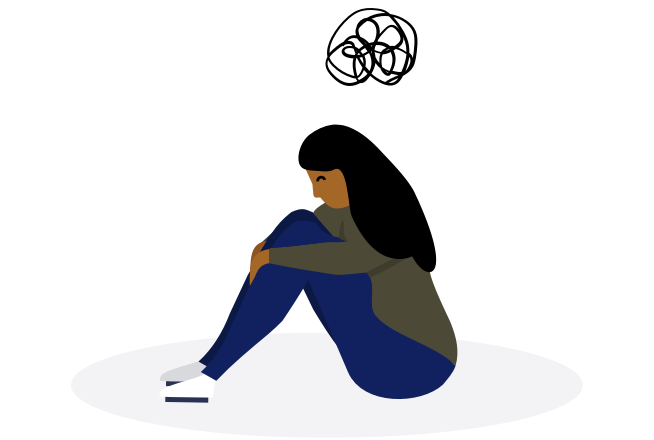
Common Anxiety Disorders in Teenagers: Types and Characteristics
Several types of anxiety disorders can affect teenagers, each with its own set of characteristics. Generalized anxiety disorder (GAD) involves persistent and excessive worry about various aspects of daily life. Social anxiety disorder is marked by intense fear and avoidance of social situations due to fear of embarrassment or judgment. Panic disorder is characterized by recurrent panic attacks and the fear of having more attacks. Obsessive-compulsive disorder (OCD) involves unwanted, recurring thoughts (obsessions) and repetitive behaviors (compulsions). Separation anxiety disorder is common in younger children but can also affect teenagers, causing excessive fear of being apart from caregivers. Understanding the different types of anxiety disorders can help in identifying and treating anxiety more effectively.
Physical Symptoms of Anxiety: How Anxiety Manifests in the Body
Anxiety can have a significant impact on physical health, manifesting in various ways. Physical symptoms of anxiety include rapid heartbeat, sweating, trembling, dizziness, stomachaches, headaches, and muscle tension. These symptoms can occur during anxiety attacks or persist as chronic anxiety. Panic attacks, in particular, can be overwhelming, causing chest pain, shortness of breath, and a feeling of losing control. It’s important to recognize that these physical symptoms are real and can significantly affect a teenager’s daily life and well-being. Addressing the physical manifestations of anxiety is crucial for comprehensive treatment and management.
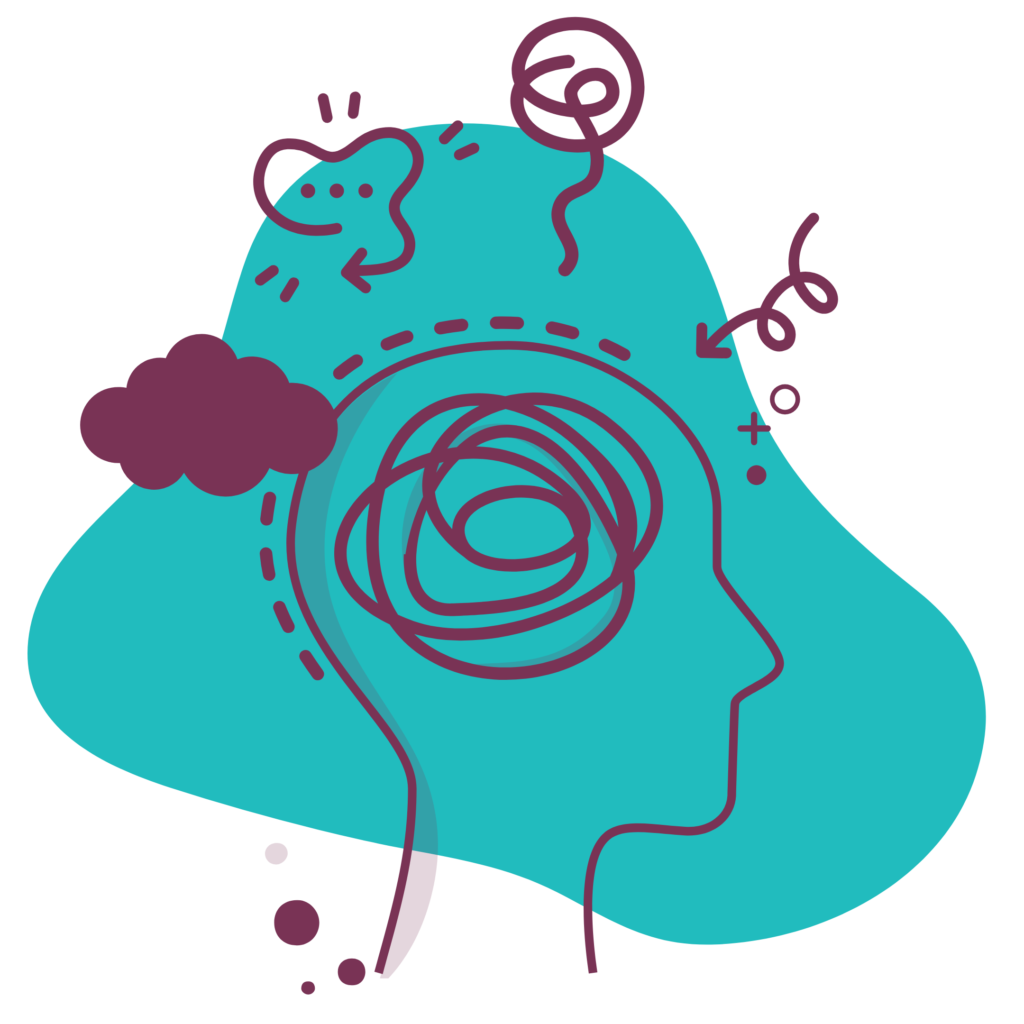
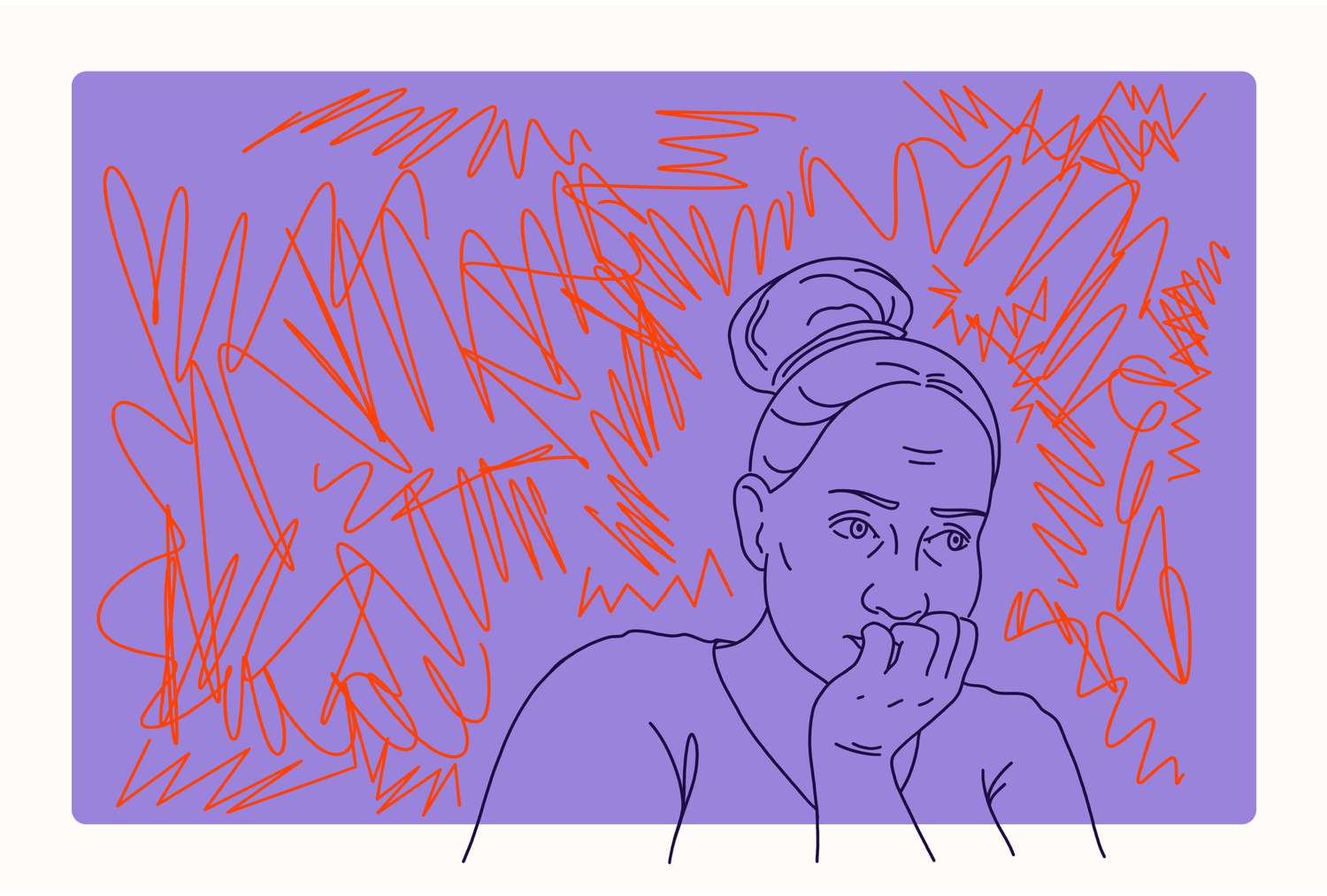
The Impact of Anxiety Disorders on Teenagers’ Lives
Anxiety disorders can have a profound impact on teenagers’ lives, affecting their academic performance, social skills, and overall well-being. Anxiety can lead to poor school performance due to difficulty concentrating and fear of failure. Social anxiety can cause teens to avoid social interactions, leading to isolation and low self-esteem. Chronic anxiety can also contribute to physical health problems such as gastrointestinal issues and headaches. The presence of anxiety disorders can hinder normal development and prevent teenagers from enjoying their teenage years. Understanding the impact of anxiety is essential for providing appropriate support and interventions.
Effective Coping Strategies for Managing Teenage Anxiety
There are several effective coping strategies for managing teenage anxiety. Cognitive behavioral therapy (CBT) is a common and effective treatment that helps teens understand and change negative thought patterns. Exposure therapy can help reduce fear and avoidance behaviors by gradually exposing teens to feared objects or situations. Relaxation techniques such as deep breathing, mindfulness, and calming music can help reduce anxiety symptoms. Encouraging a healthy diet, regular physical activity, and adequate sleep are also important for managing anxiety. Support groups and family therapy can provide additional support and help teens feel less isolated. Implementing these strategies can help anxious teens manage their anxiety and improve their quality of life.
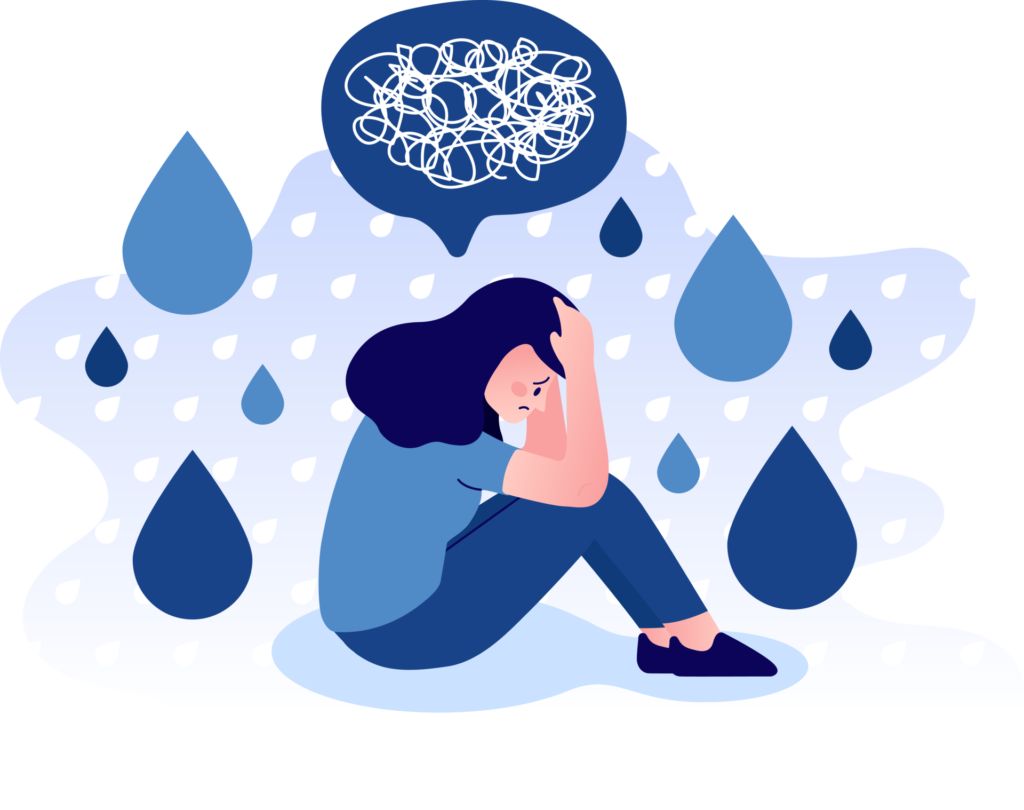
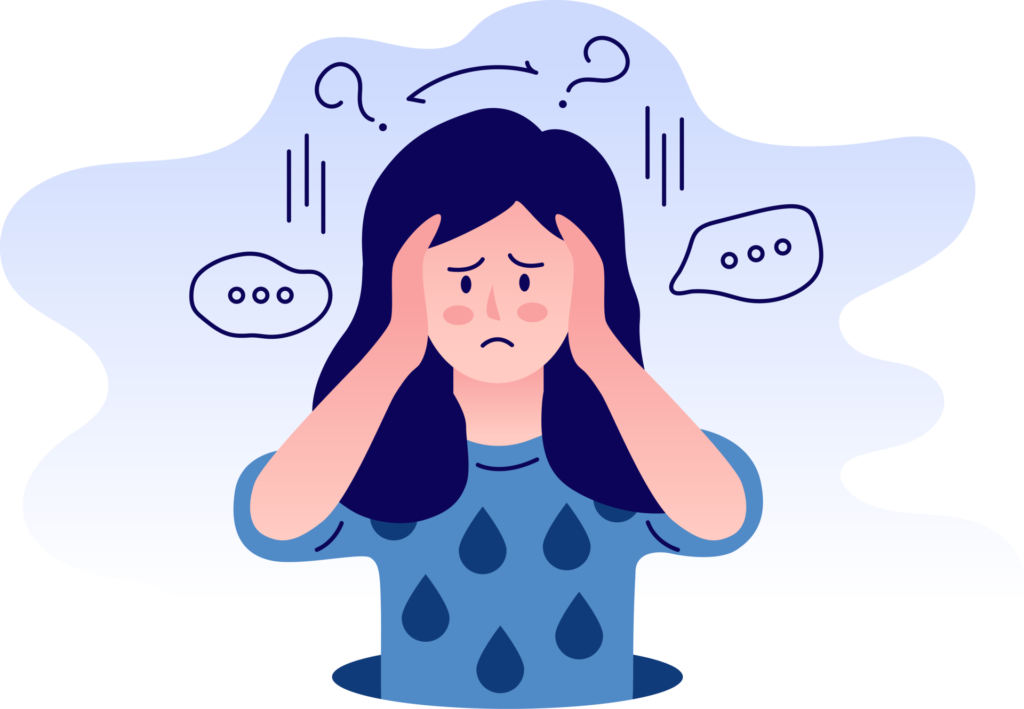
When to Seek Help: Consulting Mental Health Professionals for Anxiety Disorder
It’s important to seek professional help when anxiety significantly interferes with a teenager’s daily life. A mental health professional can provide a comprehensive evaluation and develop a personalized treatment plan. Treatment options may include therapy, medication, or a combination of both. Selective serotonin reuptake inhibitors (SSRIs) are commonly prescribed medications for treating anxiety disorders. Family therapy can help address family conflicts and improve communication. If a teenager exhibits severe anxiety, suicidal thoughts, or self-harm behaviors, it’s crucial to seek immediate help from a mental health professional. Early intervention and appropriate treatment can prevent the escalation of anxiety and improve the teen’s overall well-being.
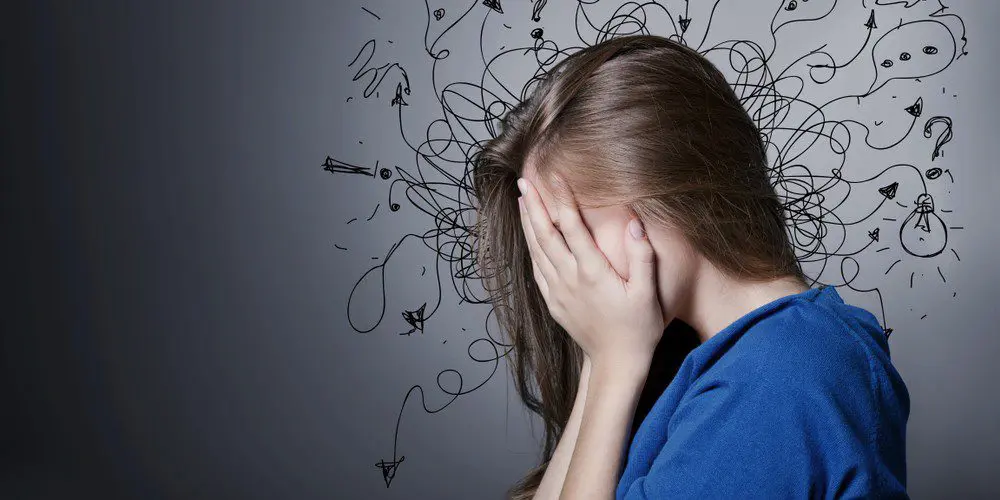
Building a Support System: How Parents, Teachers, and Peers Can Help Teens Cope with Anxiety
Building a strong support system is essential for helping teens cope with anxiety. Parents, teachers, and peers can play a significant role in providing support and understanding. Encouraging open communication and creating a safe space for teens to express their feelings can foster trust and reduce anxiety. Parents can support their teens by being patient, listening without judgment, and seeking professional help when needed. Teachers can accommodate students with anxiety by providing a supportive learning environment and offering extra help when needed. Peers can offer companionship and understanding, helping teens feel less isolated. Building a supportive network can make a significant difference in a teen’s ability to manage anxiety.
In conclusion, teenage anxiety is a common mental health issue that requires attention and support. Recognizing the symptoms, understanding the different types of anxiety disorders, and implementing effective coping strategies are crucial for managing anxiety in teens. Seeking professional help and building a strong support system can significantly improve a teenager’s quality of life and overall well-being. By addressing anxiety early and providing comprehensive support, we can help teenagers navigate their teenage years with greater confidence and resilience.
Helpful Tips
Essay writing services are a vital resource for students striving to balance their academic responsibilities. These platforms provide personalized support to ensure assignments are well-written and meet academic standards. For those juggling multiple deadlines, getting professional help with assignments at Writepaper can make a significant difference.
